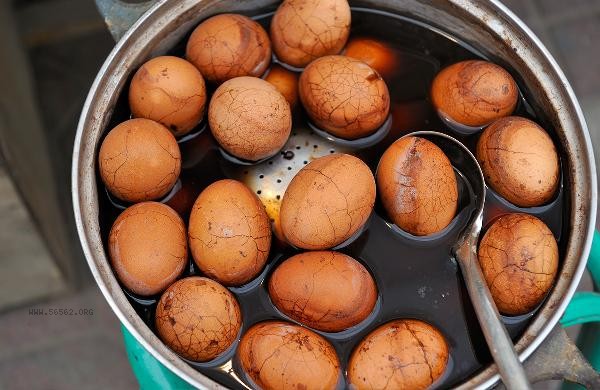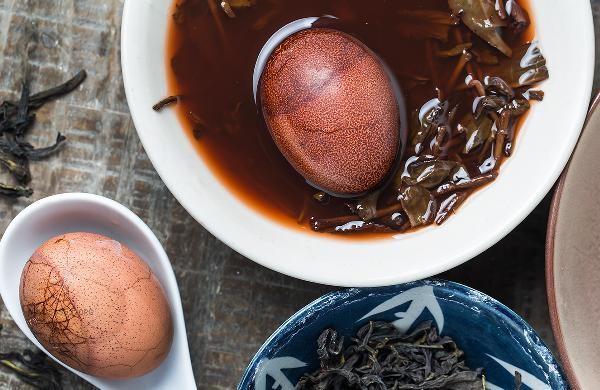Generally, Tea egg will not significantly damage protein, but high temperature and long time cooking may affect the absorption and utilization of some protein. The production process of Tea egg mainly involves protein denaturation rather than destruction, and most of its nutritional value can still be retained.

Tannic acid in tea may form indigestible complexes with egg protein, but this binding has a relatively small impact on overall protein absorption. Under conventional cooking conditions, high-quality protein, vitamins, and minerals in eggs can still be well preserved, with only some heat sensitive nutrients such as vitamin B group possibly lost. The protein structure change of Tea egg belongs to physical change, which will not lead to the decomposition of amino acids or the complete loss of nutritional value. If repeated boiling or prolonged braising is used, it may exacerbate excessive protein denaturation and reduce the efficiency of digestive enzymes. Especially when the brine is repeatedly used, the increase in nitrite content may pose potential health risks. The texture of Tea egg traditionally stewed overnight will become more compact due to long-term immersion, but this does not mean that the protein is destroyed, but the result of molecular structure rearrangement.

It is recommended to choose freshly boiled Tea egg and avoid purchasing products that are too dark in color or have been stewed for more than 24 hours. Eating vegetables and fruits rich in vitamin C can promote iron absorption, and it is advisable to control the daily intake to 1-3. hypertension patients should reduce the consumption of Tea egg with salty brine. Children and those with weak digestive function can choose the version with shorter cooking time to ensure better absorption of protein.









Comments (0)
Leave a Comment
No comments yet
Be the first to share your thoughts!